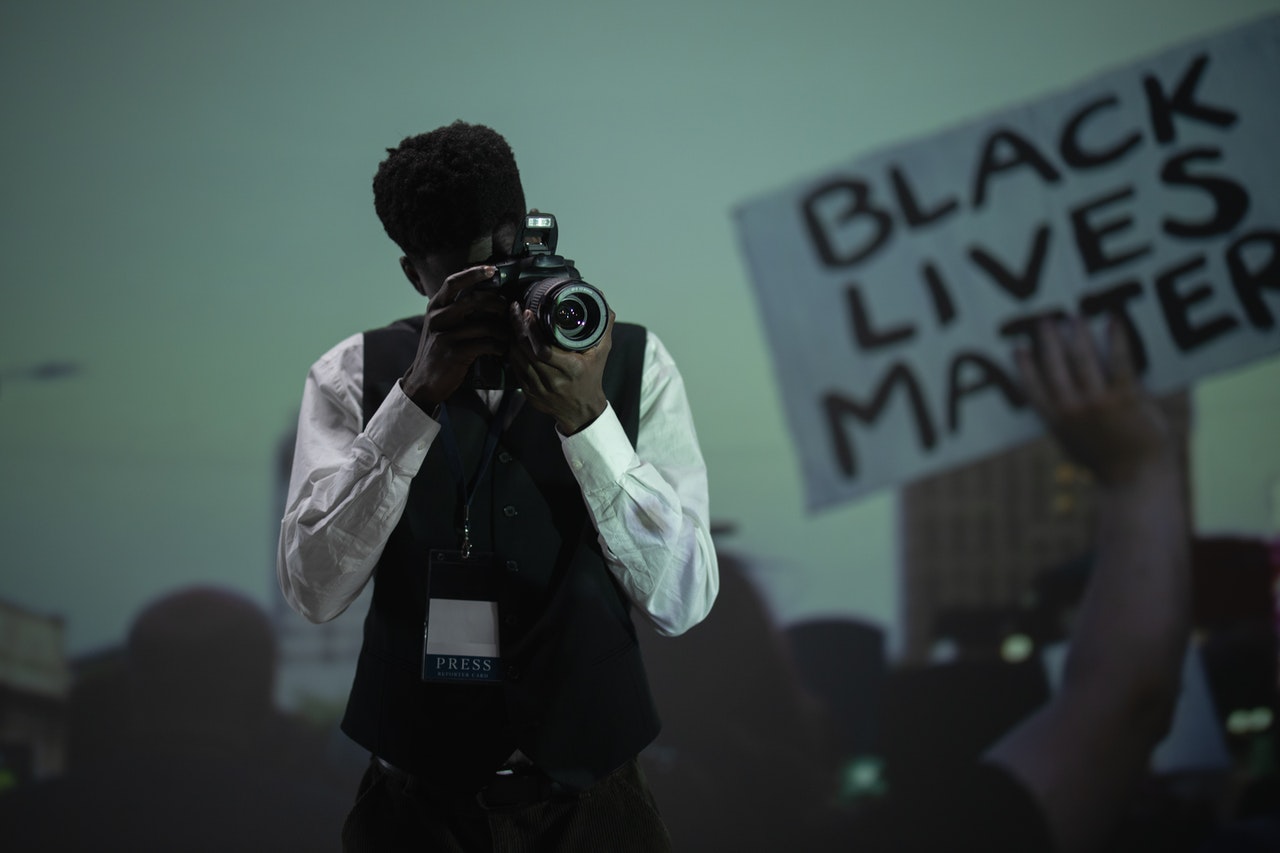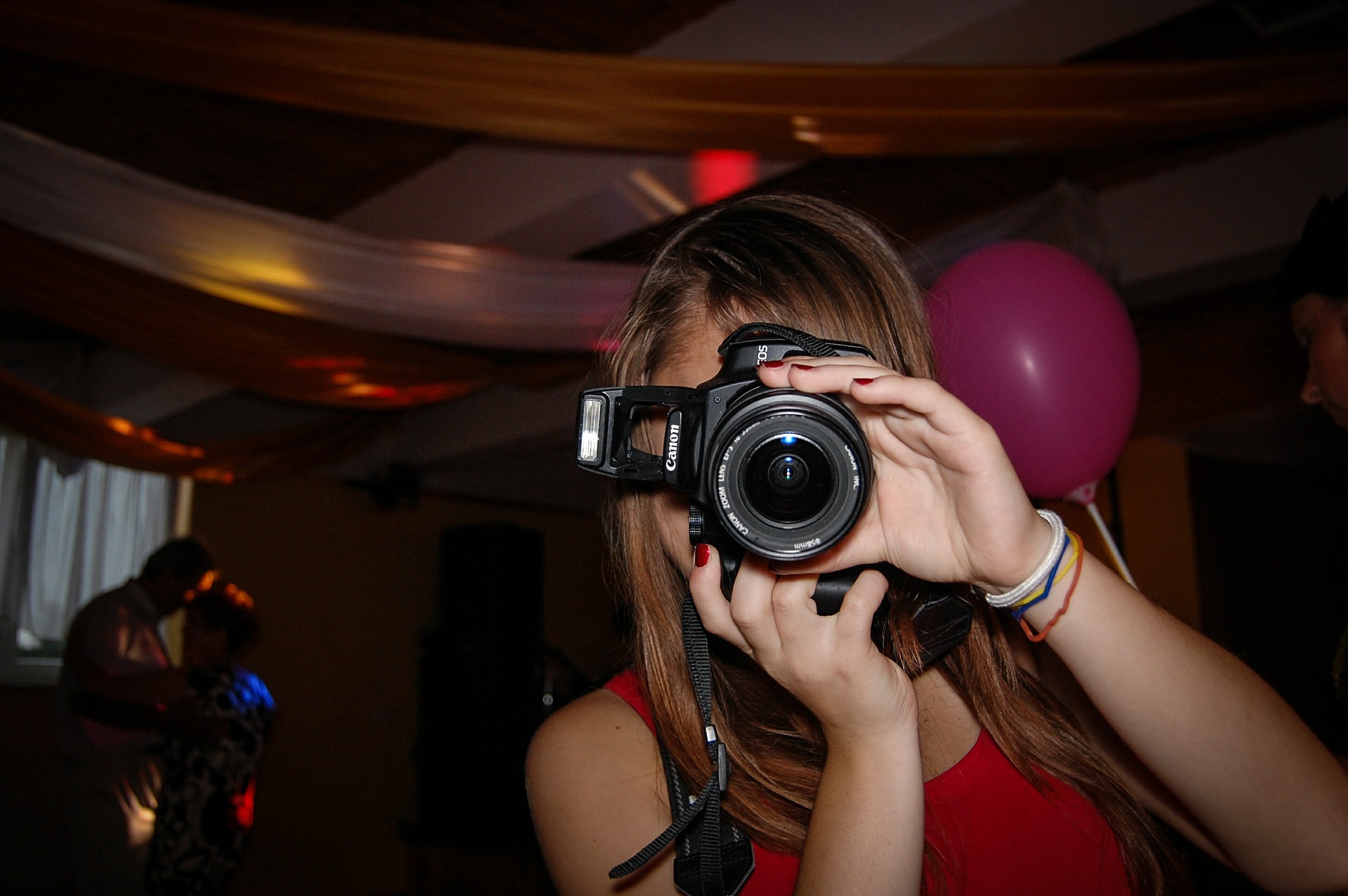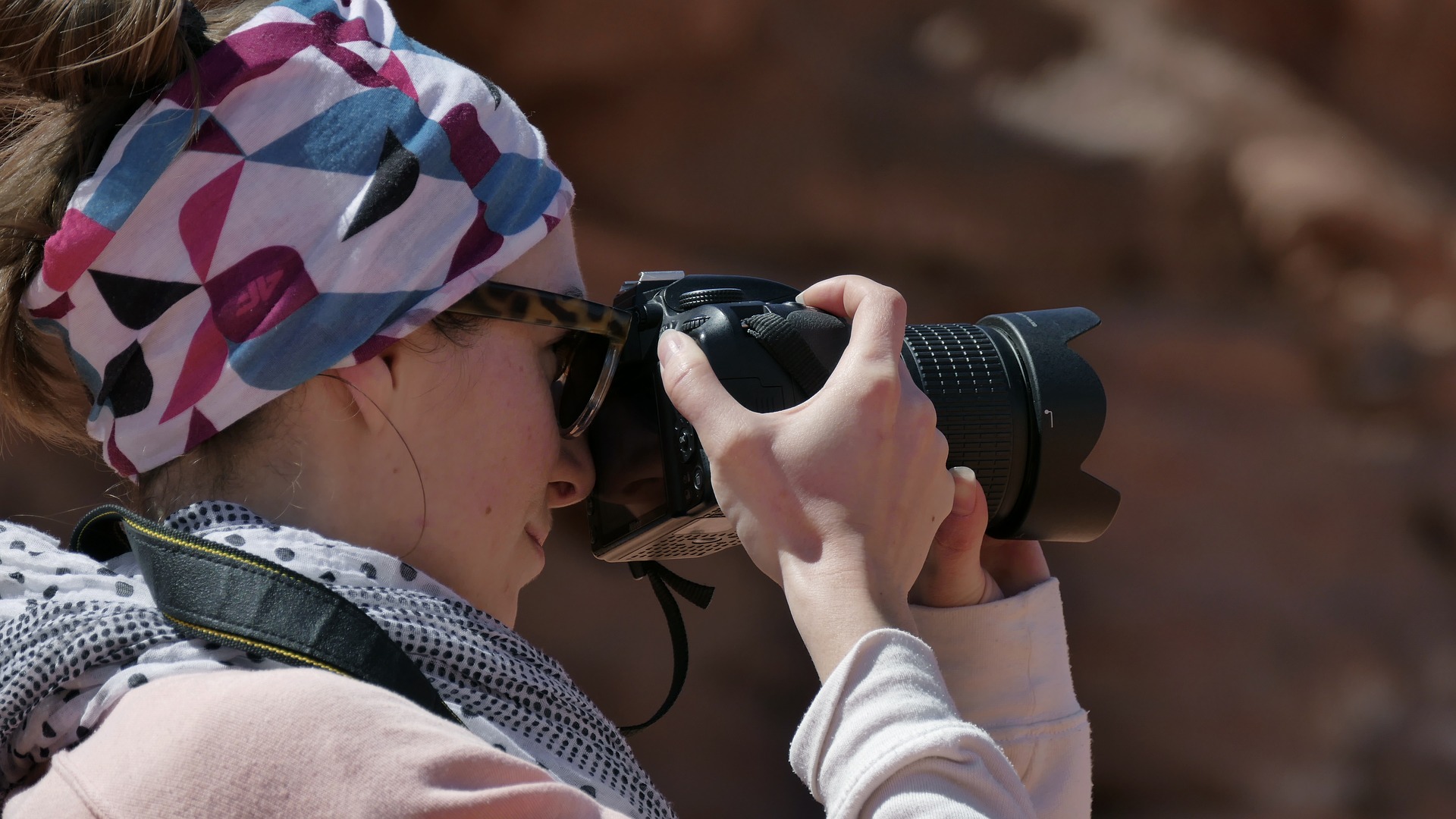How To Become a Freelance Photojournalist
This entry was posted on August 6, 2021.

Picture this: taking inspiring photographs for a living; capturing the world through your lens; living the most magical moments daily, again and again. Yes, anyone who truly believes that a picture is worth a thousand words would be wise to consider becoming a freelance photojournalist.
If taking inspiring photographs really is your passion, why not get paid for doing what you love?
Of course, transforming a passion into a career is easier said than done. It’s one thing to dream of becoming a freelance photojournalist, but it’s something else entirely to make it happen.
Attempting to enter such a competitive job market can be a daunting prospect at the best of times. As can the idea of setting up solo, rather than pursuing conventional employment with an established organisation. But when you consider the potential benefits of becoming your own boss, it really is a small price to pay.
All that aside… what if we let you in on a secret? Becoming a freelance photojournalist isn’t as complex as you may think.
Is It Hard to Become a Photojournalist?
Photojournalism is a competitive sector to say the least, but nothing worth having ever comes easily. Keep in mind, it takes more than pretty pictures to make it in this industry. Photographers become successful photojournalists when they nail storytelling photography that conveys emotion.
Photojournalism is as much about attitude, inspiration and personal interest as it is technical photography skills.
Aside from photographic storytelling skills, there are (of course) other factors of going freelance you’ll need to consider. Chief among these are the business management aspects that you’re solely responsible for, like pricing, invoicing, taxes, marketing and website management; the list goes on, but it’s by no means insurmountable and is certainly achievable with some solid Googling for tips.

What Qualifications Do I Need to Become a Photojournalist?
You can be a fantastic photographer without any formal qualifications or credentials. In fact, your success as a photojournalist will rely more heavily on your:
- Knowledge
- Experience
- Ability
- Perseverance (this last one especially – Do. Not. Give. Up!)
You could study the deepest complexities of photography for decades and earn every theoretical qualification imaginable. But without practice and perseverance, it counts for little.
As with any artform, there will always be an element of learning the technical skills that you should not overlook. Yes, even if you’re blessed with a natural eye for capturing exquisite photo opportunities.
Hard work beats talent every single time, don’t forget. And theoretical knowledge and qualifications pale in comparison to personal experience. So get out there, learn to take spectacular wildlife shots first-hand, stay the course and keep your sights set on the goal of your dreams.
Don’t agonise over if you’re ‘qualified’ for this. If you have a passion for cameras and photography, that’s all the qualification you need.
How Long Does It Take to Become a Freelance Photojournalist?
There’s no concrete answer to this question, as it depends on a variety of factors.
- You may generally need more first-hand experience behind the camera lens, especially if you’re new to photography.
- Maybe you need more diversity in your photographic experience. You can learn a lot by trying out different styles. (For example, maybe group photos aren’t your strong suit?)
- Perhaps your business experience is lacking and the idea of pricing your services or invoicing fills you with dread. (Don’t worry, it’s not as tricky as all that!)
- Or it could be as simple as what funds you have to support your new venture or the time you have to spare.
In any case, becoming a freelance photojournalist is not a process you should attempt to rush. But it’s also not something to shy away from. Remember, any progress is still progress - take things at a pace that you’re comfortable with. And only compare yourself to you from yesterday, you’re on no-one else’s time.
Comparatively few people are lucky enough to land successful careers overnight - especially those looking to become their own boss. Whether it takes months or years to land your first clients and begin making a name for yourself, it will all be worth it in the end.
Tenacity is a quality of critical importance in professional photography, as is patience in even the most trying situations.

How to Start a Career as a Freelance Photojournalist
The journey towards becoming a freelance photographer of any kind will always be different from one candidate to the next. However, there are several important components for success, which apply in all instances:
1. Purchase Your Equipment
Making sure you have the equipment to do your job properly should be a given.
- A high-quality DSLR
- Appropriate lenses
- A suitable flash, memory card storage, camera bag or case
- The hardware and photo editing tools to perfect your shots
- A reliable tripod
This equipment will take you far, but can total quite the extensive initial investment if you’re starting from scratch.
Don’t let yourself be stopped by this prospect though. Most smartphones these days have fairly solid in-built cameras. Of course, there really is no substitute for pro camera gear. But it is possible to get started with little more than your smartphone (and our top tips for taking better shots with your phone).
That said, if you’re serious about becoming a photojournalist, do yourself a favour; upgrade to professional-grade camera equipment as soon as you’re able. After all, you can hardly expect prospective clients to take you seriously if you show up with nothing but your iPhone.
If funds are tight, try using your smartphone’s camera and whatever photo editing tools you prefer to establish a portfolio. When you start attracting attention and things are evolving from hobby to career, it’s time to invest.
2. Set Up Your Website
Before attempting to secure your first clients, it’s essential to set up and launch a high-quality website. This is the first place prospective clients will head to check you out. It’s your shot to help them decide whether or not they want to do business with you.
Thankfully, setting up and running a premium website these days is relatively straightforward.
You can create a polished website using any of these websites with little to no difficulties or cost involved.
Or outsource your website work to a digital agency or freelancer. Your website should become your primary hub for client communication, managing orders and showcasing what you are capable of.
3. Build Your Portfolio
Your website is also where prospective clients will expect to see a portfolio comprising your best work. If your portfolio is up to scratch, you don’t really need to feature much else on your website.
Let your photographs do the talking, perhaps simply accompanied by a brief bio and a summary of your experience.
If you don’t yet have an award-worthy portfolio, you’ll need to assemble one before presenting your business to prospective clients. Without evidence to back your claims, you’ll find it difficult to bring paying clients on board.
4. Get Your First Clients
You’ll find things get much easier after you’ve worked with a few clients and have started building references. Finding those all-important initial clients can be tricky, but can be simplified by using the web’s leading freelancer platforms.
Use every online and offline resource at your disposal to find potential clients to present your work to.
Always remember in the early days; even low-key low-paid gigs are still a great opportunity to boost your experience, build your portfolio and gain invaluable references.
5. Carefully Manage Your Finances
Running out of money is the single most common reason behind unsuccessful solo-business ventures. Until you begin generating reliable revenues from your photography business, you will need to sustain your lifestyle (and pay your bills) by other means.
For most, this means resisting the temptation to quit your current job for the time being. Freelance photography can be a highly profitable venture, but it can take a while to generate the kind of cash needed to become your primary income stream.





